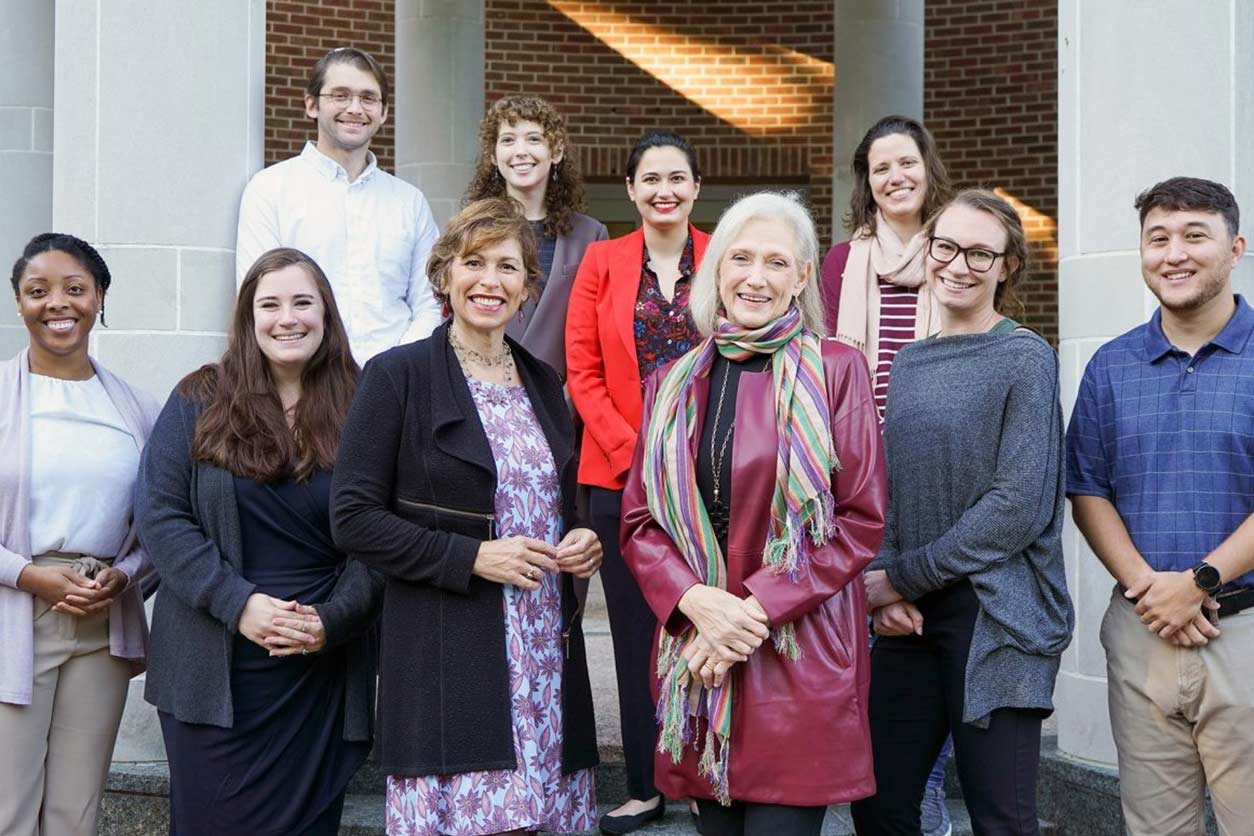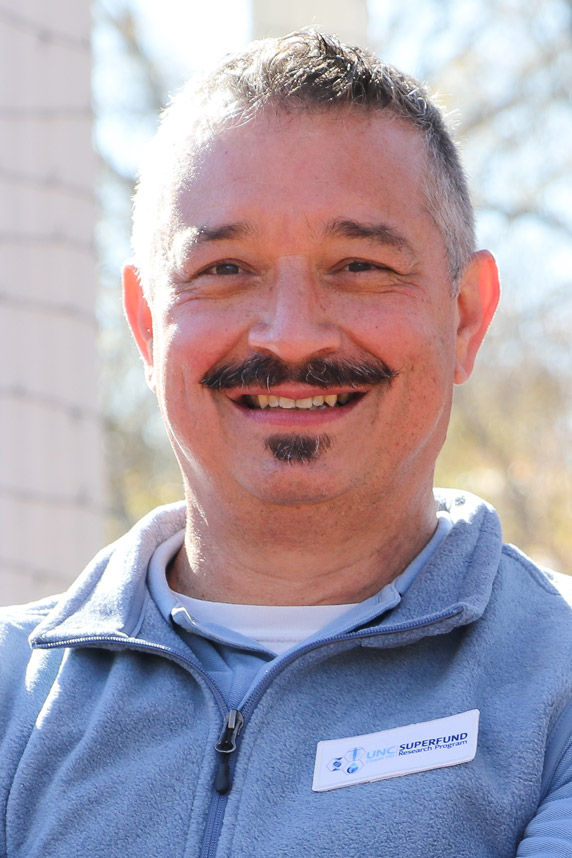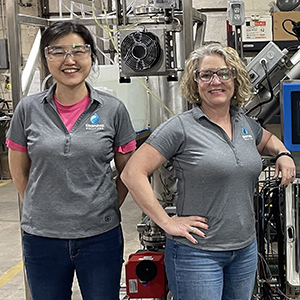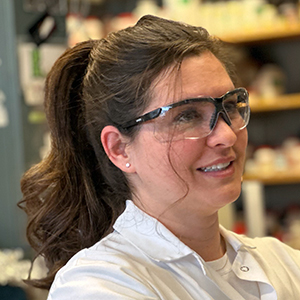Residential property disclosure statements in North Carolina now include a question about testing for contaminants in private wells, thanks to work by the NIEHS-funded University of North Carolina at Chapel Hill (UNC) Superfund Research Program (SRP) Center and collaborators. The decision by the North Carolina Real Estate Commission, effective July 1, requires sellers to indicate whether dwellings supplied by private well water have ever had the water supply tested for quality, quantity, and pressure and, if so, to provide the date of the test.

“Our hope is that the new question will put homebuyers on notice that well water testing is crucial in determining the safety of drinking water supplied to the home,” said Maria Savasta-Kennedy, the George R. Ward Clinical Professor of Law at UNC School of Law.
In North Carolina, nearly a quarter of the state’s population relies on unregulated private wells, some of which are contaminated with metals like arsenic, manganese, and lead. The UNC SRP Center conducts research and works with communities to understand and spread awareness about contamination in well water and the health effects of metals exposures.
Raising awareness about testing
The recent change to the property disclosure statements resulted from efforts by the North Carolina Well Water Working Group, convened by the UNC SRP Center and the UNC School of Law. The group includes UNC SRP researchers and Community Engagement Core (CEC) specialists, lawyers, and law professors, including Savasta-Kennedy, representatives from state and local government, and community-based organizations working on private well water issues.
The collaborators attribute their success with the disclosure question to previous efforts by the CEC and other working group members to educate real estate sellers about private well testing, through outreach to the North Carolina Real Estate Commission. For example, the working group, led by UNC law students, created a brochure about the importance of testing well water that real estate agents can provide to homebuyers. The law students and group members also created materials targeted directly to well water users, including a video and webpage, providing information about well contamination, testing, and remediation options.

Savasta-Kennedy hopes this new disclosure question will be the first of many steps the working group takes to provide more protections to North Carolinians dependent on well water. Next, she hopes to push for more testing requirements to protect potential buyers and renters of properties served by wells, as well as for more funding to assist with remediating contaminated wells.
“We expect families with children will benefit the most from private well tests prior to real estate transfers,” said Andrew George, Ph.D., the UNC SRP CEC coordinator. “Within the UNC SRP, and alongside the rest of our partners in the working group, we are focused on helping people protect themselves from anything in the water that can harm their own, or their family’s, health.”
(Lee Cannon is a senior communications specialist for MDB, Inc., a contractor for the NIEHS Division of Extramural Research and Training.)









